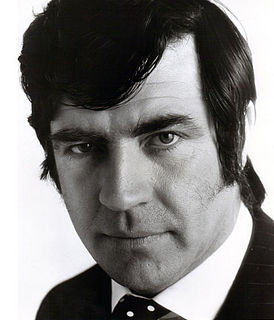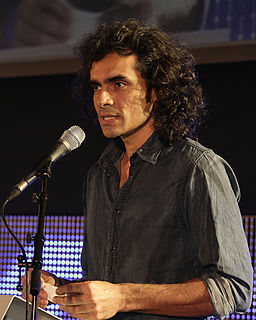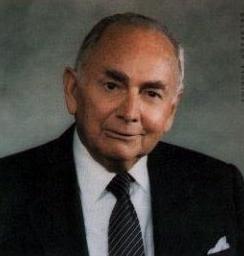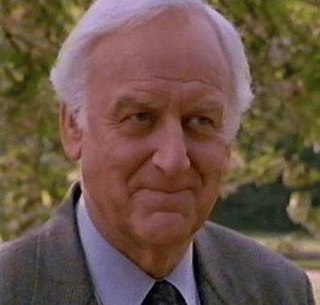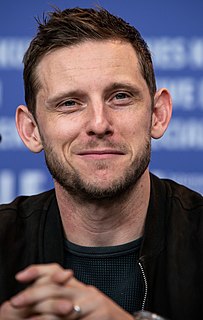A Quote by Alan Bates
An emotional performance is usually more instinctive to an actor.
Quote Topics
Related Quotes
The director is the most important because, ultimately, as an actor, when you watch a movie, it looks like an actor is giving a performance, and they kind of are. But, what's actually happening is that an actor has given a bunch of ingredients over to a director, who then constructs a performance. That's movie-making.
Emotional self-control is NOT the same as overcontrol, the stifling of all feeling and spontaneity....when such emotional suppression is chronic, it can impair thinking, hamper intellectual performance and interfere with smooth social interaction. By contrast, emotional competence implies we have a choice as to how we express our feelings.
The truth is, an actor's performance is the result of work by a lot more people than just the actor. When you see that character portrayed up on screen, there is the work certainly of the actor, but there's the work of the editor, there's the work of what the camera was doing. What the music was doing, all of the above.
Motion capture is exactly what it says: it's physical moves, whereas performance capture is the entire performance - including your facial performance. If you're doing, say, martial arts for a video game, that is motion capture. This is basically another way of recording an actor's performance: audio, facial and physical.
